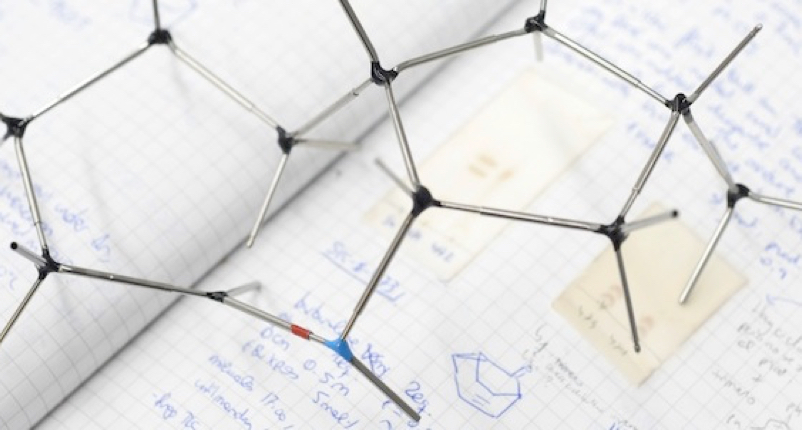Discriminating reasons for selectivity enhancement of CO in alkyne hydrogenation on palladium
CO is widely used as selectivity enhancer in the selective hydrogenation of acetylene to ethylene over palladium catalysts in the petrochemical industry. However, conclusions on its action mechanism from experiments are controversial because of the complexity of the resulting catalytic system. Density functional theory studies over Pd(111) reveal that CO impacts several steps of the reaction mechanism: molecular adsorption of hydrocarbons, dissociative adsorption of H2, and hydrogenation barriers. The most notorious effect attributed to CO, besides partial blocking of active sites, is the diminished binding energy of the alkene to the surface. This leads to a pronounced thermodynamic selectivity mainly due to an electronic contribution that enhances the differential adsorption of the double and triple bonds. Gold nanoparticles attained similar effect without promotion. A simple design rule to identify selectivity enhancers based on the binding energies of reactants and modifier to the surface is proposed.

N. López, B. Bridier, J. Pérez-Ramírez
J. Phys. Chem. C 2008, 112, 9346-9350

Let's create a brighter future
Join our team to work with renowned researchers, tackle groundbreaking
projects and contribute to meaningful scientific advancements


















